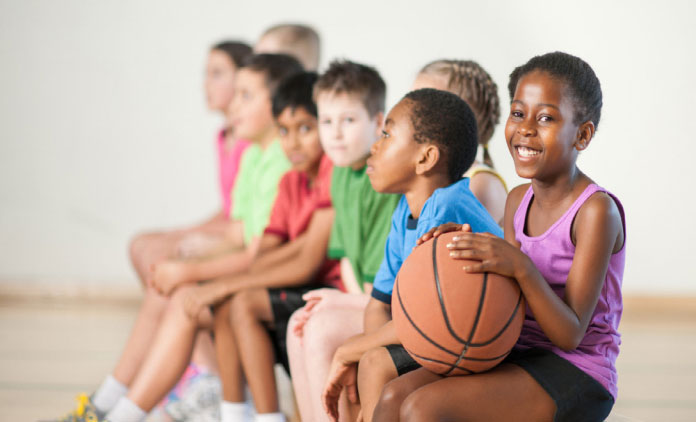Many Sports, Extra-Curriculars, and Clubs are Covered by the ADA
There are many laws that impact disability rights and accessibility standards.
Title II of the Americans with Disabilities Act applies to State and local government agencies. The Rehabilitation Act of 1973, often called the Rehab Act, applies to entities which receive federal funding, like state-run public schools. Generally speaking, this means an activity run by a public school must comply with the accessibility requirements of the ADA and the Rehab Act. Examples of these types of programs might be sports teams, extra-curricular activities, or special interest clubs.
Title III of the Americans with Disabilities Act applies to private businesses. Generally speaking, this means that private organized sports or education programs, including nonprofit programs, must comply with the accessibility requirements of the ADA. Examples of these types of programs might be sport-specific regulating body or a regional sports club.

Tryouts
A competitive program or activity can require a level of skill or ability for participation. An individual with a disability is not guaranteed a spot on a team for which other students must try out. A student with a disability should be allowed to try out and apply to the activity. A student with a disability may require a reasonable modification to try out policies, practices, or procedures to ensure equal opportunity. A school is not required to make modifications which would fundamentally alter the sport or activity.
Participation
Qualified students with disabilities should be allowed to participate in the activities. A student with a disability may require a reasonable modification to policies, practices, or procedures to ensure equal opportunity for participation in the sport or activity. A school is not required to make modifications which would fundamentally alter the sport or activity.
Fundamental Alteration
A modification might constitute a fundamental alteration if it alters an aspect of the activity or game that it would be unacceptable even if it affected all competitors equally. A fundamental alteration could also be a change that has only a peripheral or marginal impact on the nature of the activity but does give a particular player with a disability an unfair advantage to an extent which changes the character of the competition. A reasonable accommodation or reasonable modification offered to a student with a disability is not inherently an unfair advantage that rises to the level of fundamental alteration.
Disability-Specific Teams
In general, students with disabilities should be given equal opportunity to participate in integrated activities with their non-disabled peers and should not be segregated into disability-only sports. In circumstances where a reasonable modification would fundamentally alter a sport, it may be appropriate to create a disability-specific league. If a disability-specific league exists, and a student with a disability could, with a reasonable modification, participate in the league which is offered to their non-disabled peers they should not be automatically consigned to the disability-only league.
Disability Discrimination Claims
If you feel that your child has been discriminated against in an extracurricular activity, club, or athletic activity, you may have a legal claim under the ADA and/or the Rehab Act.
You have the right to file a claim with the United States Department of Education Office for Civil Rights. The Office for Civil Rights investigates educational civil rights violations, including rights conferred by the ADA. You may also seek to file your claims in a court of law.
Additional Reading
For more information, please see the Department of Education publication Dear Colleague Letter on Extracurricular Activities.